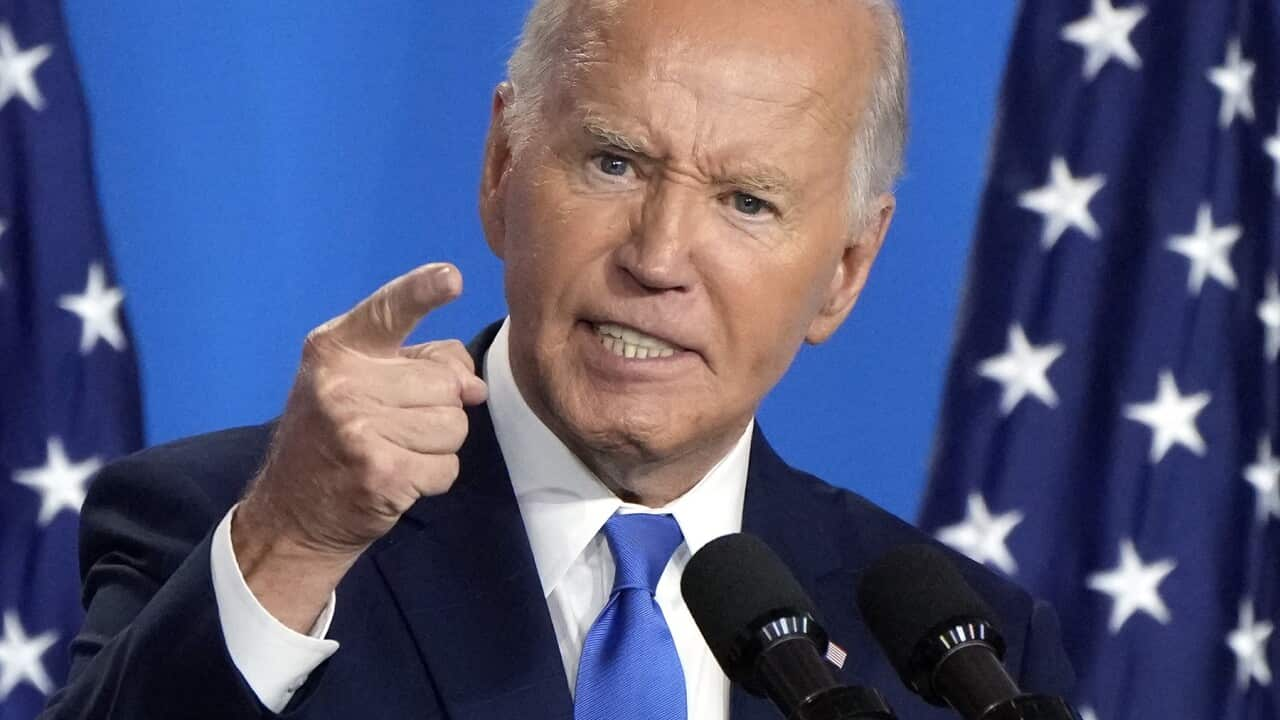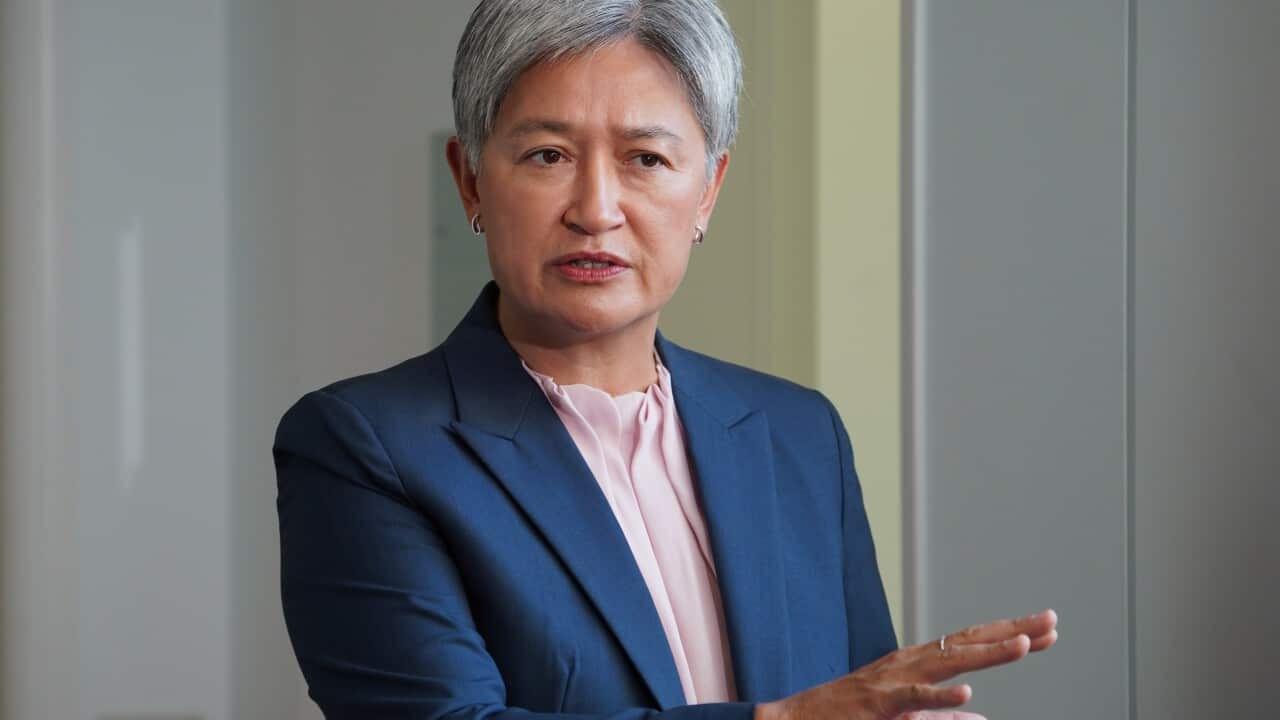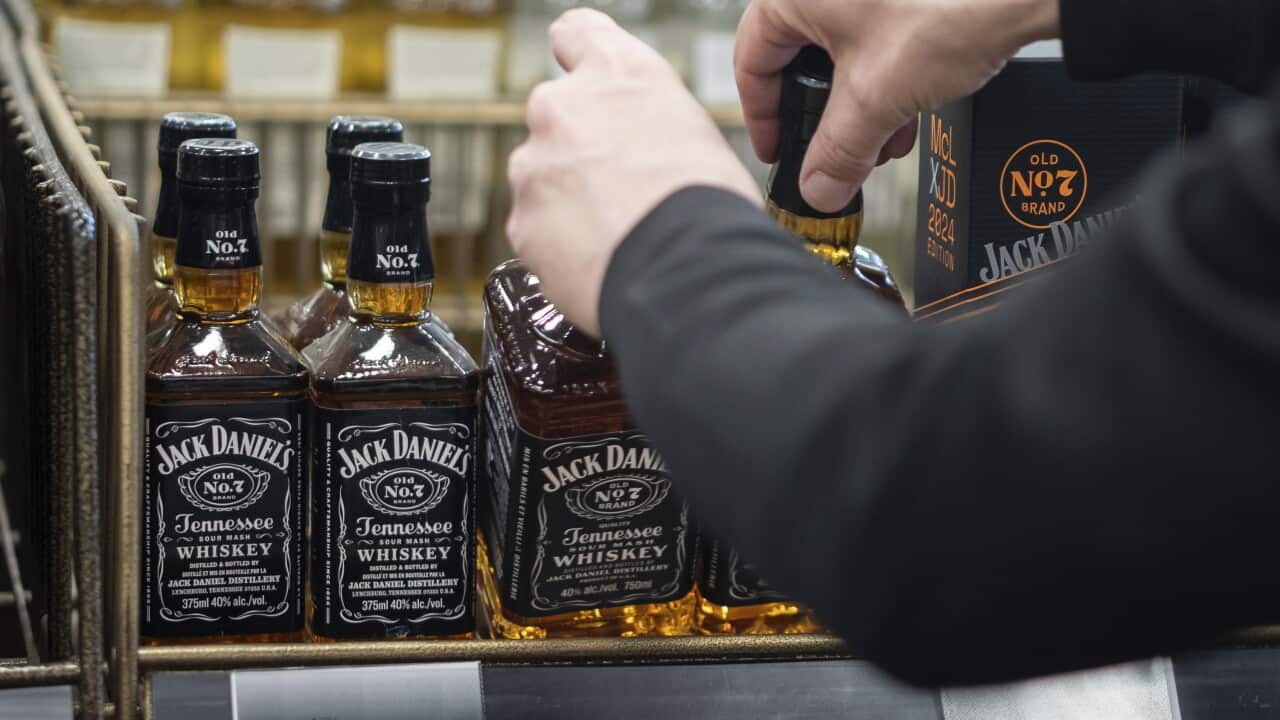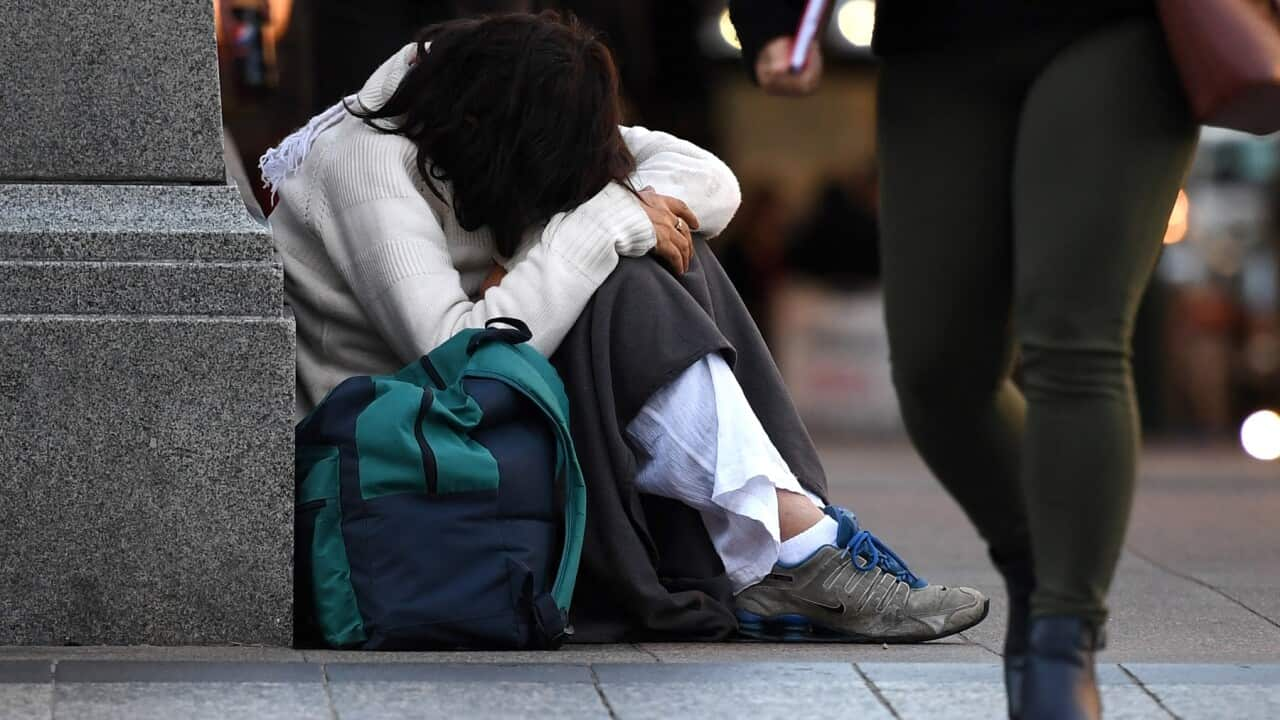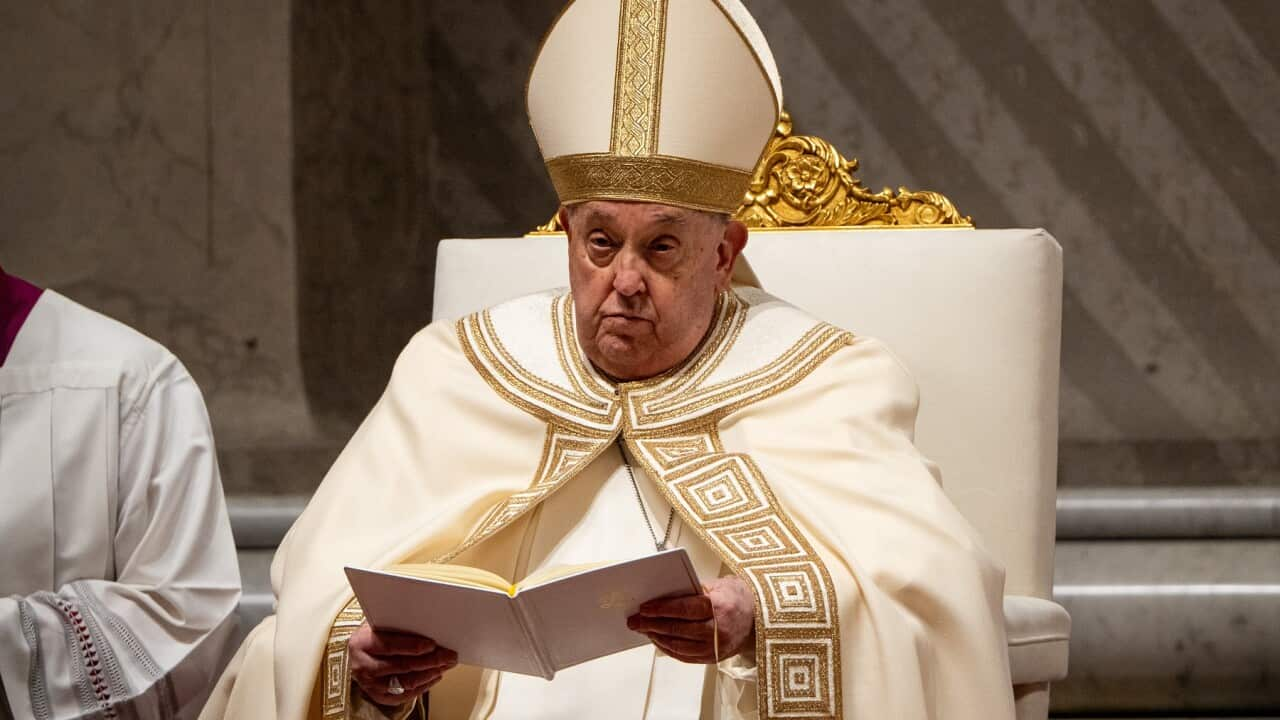TRANSCRIPT
The 75th NATO Summit that just concluded in Washington DC, had an overarching theme - unity and resilience.
Amidst growing global instability, NATO stressed the importance of strengthening alliances and enhancing collective defence capabilities.
Secretary General Jens Stoltenberg kicked off the summit by reiterating the commitment to Article 5, the principle that an attack on one member is an attack on all, a clear message to both allies and adversaries that NATO remains united and resolute in its mission.
"Our alliance was created by people who have lived through two devastating wars. They knew only too well, the horror, the suffering and the terrible human cost of war. They were determined that this should never happen again. So, they founded NATO with a clear purpose to preserve peace and safeguard freedom, a solemn promise, an ironclad commitment to protect each other, one for all and all for one."
Mr Stoltenberg’s speech set the tone for discussions, which covered a wide range of topics from cybersecurity to hybrid warfare.
A significant portion of the summit focused on Russia's ongoing war in Ukraine, with a commitment to station NATO assets including hypersonic missile batteries in Germany.
This would make it the largest military buildup since the Cold War.
"At this summit. We are turning a corner and putting in place the foundations for Ukraine to prevail. Allies have agreed to launch NATO's security, Assistance and Training for Ukraine, with a command in Germany and logistic hubs in the eastern part of the alliance, and around 700 personnel. NATO will coordinate the training of the Ukrainian forces at facilities in allied countries."
NATO allies reaffirmed their support for Ukraine, pledging continued military and humanitarian aid.
"We have agreed that €40 billion is a minimum baseline within the next year and to ensure sustainable funding for Ukraine to prevail. ... We are not doing this because we want to prolong a war. We are doing this because we want to end the war as soon as possible. The quickest way to end the war is to lose the war, but that would not bring peace. It will only bring occupation. So unless we want Ukraine to lose, unless we want to bow to Putin, we need to show commitment and resolve."
NATO members also discussed strategies to counteract Russian aggression against Ukraine, making commitments to make it more secure.
Mr Stoltenberg says NATO allies will continue to support Ukraine’s path to NATO membership.
“Everything we are doing, the command the pledge, more military aid, more security agreements and improved interoperability, put in place the foundations for Ukraine to prevail. And this serves as a bridge to NATO. Allies have agreed that as Ukraine continues necessary reforms, we will support them on their irreversible path to membership."
Ukraine's President Volodymyr Zelensyy says his country is now even closer to becoming a member of NATO, but acknowledges that will not happen for as long as Russia and Ukraine are at war.
"So, first of all, we are very close to our goal. I think next step will be invitation and after that will be membership. So we will not be in NATO till the war will be in Ukraine. But I hope that we will prevail. "
One of the most contentious issues at the summit was the role of China in the Ukraine conflict.
A draft report from the summit labelled China as a 'decisive enabler' of Russia’s war effort, citing concerns over China's trade ties with Russia.
“China has become a decisive enabler of Russia's war against Ukraine through its no limits partnership and support for Russia's defence industrial base. This includes the transfer of dual use materials such as weapon components, equipment and raw materials. We agree that China cannot continue to fuel the largest military conflict in Europe without this impacting Beijing's interests and reputation."
In the report, NATO member countries said China has become a war enabler through its no-limits partnership with Russia and its large-scale support for Russia's defence industrial base.
The report drew sharp criticism from Beijing.
Lin Jian, spokesman for the Chinese Ministry of Foreign Affairs, calls the report unreasonable and accuses NATO of shifting blame.
He says China maintains a neutral stance on the Ukraine issue and urged NATO to focus on de-escalation rather than pointing fingers.
“NATO’s hyping up China's responsibility on the Ukraine issue is unreasonable and has sinister motives. China's objective and fair stance on the Ukraine issue and the constructive role it has played have been widely recognised by the international community. NATO continuously spreads information fabricated by the U-S without evidence, openly smears China, sows discord in China - Europe relations, and undermines China-Europe cooperation.”
Despite the tension, NATO leaders remained firm in their stance.
They stressed the need for a coordinated approach to address the systemic challenges posed by China, including its expanding influence in Europe and its advancements in space capabilities.
Also on the agenda was climate change.
Recognising its impact on global security, NATO committed to reducing its carbon footprint and enhancing the resilience of its military infrastructure against climate-related threats.
In addition to the formal discussions, there were numerous bilateral meetings.
US President Joe Biden met with European leaders to discuss transatlantic cooperation and shared security interests.
One outcome of these engagements was the agreement to increase defence spending.
Several NATO members pledged to meet the alliance’s defence spending target of two per cent of G-D-P, a commitment that has been a point of contention in past summits.
This pledge is seen as a significant step towards ensuring that NATO has the resources needed to address emerging threats.
Newly elected British Prime Minister, Keir Starmer, says the majority of NATO's 32 members are meeting that commitment.
"23 members are now spending 2% of their GDP on defence. But in light of the grave threats to our security, we must go further. So we will conduct a strategic defence review to strengthen our armed forces and protect our national security. And we will set out a clear path to spending 2.5% of our GDP on defence."
Mr Starmer refused to comment on US President Joe Biden's brief verbal flub where he referred to Ukraine's President Volodymyr Zelenskyy as President Putin.
Here is that moment that occurred at the post-summit press conference.
"Russia will not prevail in this war. Ukraine will prevail in this war, and we'll stand with them every single step of the way. That's what the compact says, loudly and clearly. And now I want to hand it over to the president of Ukraine, who has as much courage as he has determination. Ladies and gentlemen, President Putin."
President Biden then corrected himself with this explanation.
"President Putin? You're going to beat President Putin. President Zelenskyy. I'm so focused on beating Putin we got to worry about it, anyway."
This is how President Zelenskyy reacted.
BIDEN: “Mr. President”
ZELENSKYY: "I'm better."
BIDEN: "You are a hell of a lot better."
ZELENSKYY: "Thank you so much, Mr. President "
Getting back on track, President Biden opened his highly anticipated press conference with a recitation of his NATO accomplishments as he faces growing calls to withdraw from the presidential race.
"For those who thought NATO's time had passed, they got a rude awakening when Putin invaded Ukraine. Some of the oldest and deepest fears in Europe roared back to life. Because once again, a murderous madman was on the march. But this time no one cowered in appeasement, especially the United States. We collected intelligence, Russia was planning to invade Ukraine. Months before the invasion. I directed the intelligence community to be a significant amount, to be declassified so I could start building an international coalition to oppose the invasion."
Russian President Vladimir Putin has been critical of comments made during the summit, accusing the alliance of escalating tensions and destabilising global security.
He reiterated that NATO's expansion and support for Ukraine are direct threats to his country, saying Russia is ready to defend its interests.
